
In Conversation with Hannah Redmond & Ariel Redmond of Happy Box
January 27, 2021
Describe your business in a few words?
Happy Box is an innovative gifting platform that does consumer and corporate gifting. Our most popular option is our build-your-own care package offering where customers pick a box design, fill it with a variety of gifts (we have 100+ to choose from!), pick a card, and our team hand packs each box, hand writes the user’s gift message and ships it right to their recipient's door. We like to say we're at the intersection of customization and convenience.
What made you take the leap to start your own business?
We're sisters, and had this idea based on a gift I sent to Ariel after she got dumped by her boyfriend back in college. We had both been working in branding and advertising and wanted to build something, a brand of our own, together. Since this was an idea that in our minds filled a gap in the industry, we decided to go for it and we began creating our MVP.
What was your background prior to starting your own business?
My (Hannah) background is in innovation and digital marketing strategy - I worked both at agencies and brand-side on major DTC brands; and Ariel was a creative director at major agencies leading large creative advertising campaigns and commercial shoots. We both were fortunate to have worked on strategy and branding for some of the biggest brands in the world, from which we learned quite a bit! We are incredibly lucky that our skill sets compliment each other so well.
Did you always know you wanted to be an entrepreneur?
Yes! We've always discussed business ideas together (we still do) and had an itch to create something for ourselves. This won’t be our last business together.

Take us back to when you first launched your business, what was your marketing strategy to get the word out and did it go as planned?
Originally it was exclusively word of mouth and referrals - we are lucky that our product has two touchpoints: even in one sale, we're giving two people an experience: one on the gifter side and one on the recipient side. It also doesn’t hurt that we were building instagrammable care packages as we saw most of our growth come from social media.
We always learn the most from our mistakes, share a time with us that you made a mistake or had a challenging time in business and what you learned from it?
Oh, we’ve made plenty of mistakes and faced many challenges as all startups do! Facing a moment of increased demand and growth during a pandemic, while still working full time jobs was hands down our most challenging period to date. First of all, nothing prepares you for growing a business during a pandemic; we suddenly became more relevant and we struggled with growth and expansion during a time where we had to be so careful with how we operated for the safety of our team. What we learned most from that time is that we can’t plan or make processes for every single situation (which definitely goes against my nature as a natural planner!) we must be super nimble and ready to pivot.
What is the accomplishment you are the most proud of to date?
We’re most proud of getting this side hustle to the point where we could quit our full time jobs. It’s an amazing feeling to see something built from a few dollars. We had no financial help from friends, family, or investors - it’s been a bootstrapped business all the way. We’re proud and grateful every single day that we’ve been able to grow something, create jobs, and send so many people happiness all over the world.

When hiring for your team, what is your go-to interview question? Please share any hiring tips you can share from your experience?
I’d say my favorite interview question is “tell me a challenge/problem you faced and walk me through the process of how you solved it.” Then, if the problem they bring up is not super relevant, I’ll give them an example problem they would face in the prospective role and ask them to map out what they would do to solve it. What info would they collect? What questions would they ask? At what point would they escalate to their boss? This shows me a few things: how they react to a challenge, how independent they are, how solutions-oriented they are. There is no specific wrong answer, but having someone walk through step by step pieces of problem solving has always served me well when hiring.
How has your business or industry been impacted by the COVID-19 pandemic?
E-commerce retail has increased across mostly every industry, so we were lucky to be on the e-comm side of things when the pandemic hit. Since we are a handmade business and run our own warehouse and fulfillment center, we did have the challenge to figure out how to safely operate and take the proper precautions for our staff to continue working. We shut down for a bit and we did have to move and expand our space to accommodate social distancing, but the added expense for our teams’ safety is of course worth it.
What is the biggest lesson you have learned in 2020?
The biggest lesson is BE NIMBLE, especially after a year like 2020. But another big lesson learned in this time is to hire people who have the right, relevant experience to guide you on areas of the business that need work. That sounds super obvious, but when you’re a startup you kind of grab onto anyone who will roll up their sleeves and help you out - friends, family, etc - but it’s really important to hire people who have the right skills and experience you need to get the job done.

What do you know now that you wish you knew when you were first starting your business?
I wish I knew that it’s okay not to know it all. Coming from a business school background and having worked on Fortune 50 brands, I held us to this expectation that we would be as prepared and buttoned up as they were. It’s impossible - especially when you’re innovating something, inventing something, or when you’re in a pandemic! You have to be scrappy, roll up your sleeves, brainstorm and figure it out, and that is totally okay.
How have you managed to stay grounded this year?
Hah - not sure we always felt grounded this year! This year was like being on a rollercoaster, truly. I think the two things we do well are we vocalize how GRATEFUL we are, for this experience, for each other, for our amazing team, and for what we’re building. We also know when we’re hitting burnout and we “call it.” We’re sisters so at times tempers get high, but we have learned how to work together. Once we start getting into an argument, one of us says “ok - time to ‘call it -’ we’re not being productive and need to reset our mindset - let’s work on something else or call it a night,” and the other always respects it - it's a deal we’ve sort of made with each other we’ll do, and it works out.
Do you believe in work/life balance? What are some of your best tips?
Of course! It’s really hard to find balance being a founder and growing a company, but it’s incredibly important. We’re still learning how to do this. It’s really hard especially when you’re small and growing, because there is no shortage of work to do.
We set goals and boundaries for ourselves. I'll be packing up my computer for the night and Ariel will look at me and say "no, leave it here, you can do it tomorrow." When Ariel celebrated her birthday with her husband in a hotel "staycation" in Brooklyn, I told her NOT to check email and Slack, I'd handle it, and I told the team she was unavailable so she didn't get pinged. We try really hard to give each other the time we each need to recharge and spend time with our families.
For some tips: as silly as this sounds, I follow a lot of female entrepreneurs on social media and watch their self care routines and I just try them out. Yoga before bed, self-facials, baths, etc. A general tip that I always give people is find a few amazing people who you aspire to be like, who are about 10-20 years older/more experienced than you. See what they do. Ask what makes them successful, and just try some of it out. I try to follow my mentors and these instagram CEOs' leads and see what works for me to make me feel like I'm striking a balance and taking care of myself.
Another great (and underestimated) tip in being an entrepreneur is to get some sleep - everything is more clear and you work better and can solve more problems when you have had a good night’s sleep. To Ariel’s credit, she has ALWAYS pushed this and believed this. I struggled with sleep and anxiety for years, but since the last company I worked for before diving into Happy Box full time was Casper, a sleep company, I ended up learning so much about how important a good night’s sleep is, which has definitely motivated me.

What's something our audience would be surprised to learn about you?
Probably that this was a side hustle until pretty recently, most people are pretty surprised by that!
What are your top 3 tips to stay productive each day?
- We always make to-do lists at the end of the day for what we hope to accomplish or need to remember for the following day. It clears the mind for the night and aligns us on our focus on what’s most important first thing the next morning.
- We’re big fans of Tim Ferris’ book, Four Hour Work Week, and we believe in 1) batching similar work for efficiency and 2) focusing our attention on the important things and finding help /outsourcing the smaller things to maximize our productivity
- We always try to do the hardest tasks of the day first (when we’re fresh-minded, and more creative) - so we feel accomplished by lunchtime. This was inspired by Mark Twain's quote “If the first thing you do in the morning is to eat the frog, then you can continue your day with the satisfaction of knowing that this is probably the worst thing that will happen to you all day”.
What does being an Entreprenista mean to you?
Being an Entreprenista means being confident, resourceful, and an active part of the amazing and powerful women-owned business community. Having smart and informative discussions with fellow female entrepreneurs is incredibly important, because starting and running a company is no cake walk.
The Latest
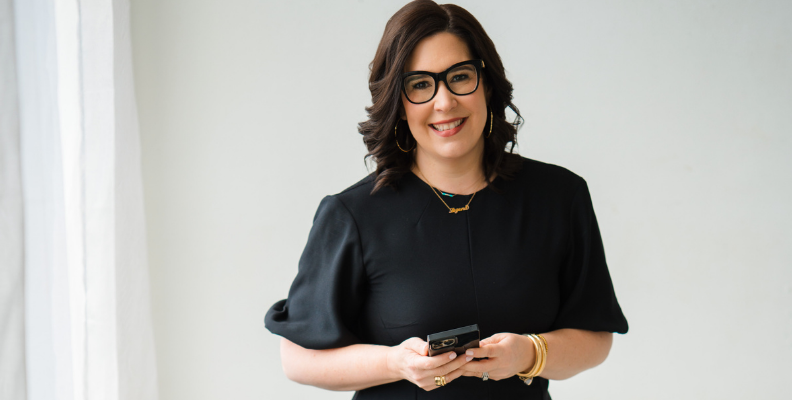
Main Character Energy: 4 Steps to Own Your Brand Story
Struggling to introduce yourself or your brand with confidence? This article shares four powerful storytelling tools to overcome imposter syndrome, clarify your origin story, and take back the lead in your business.

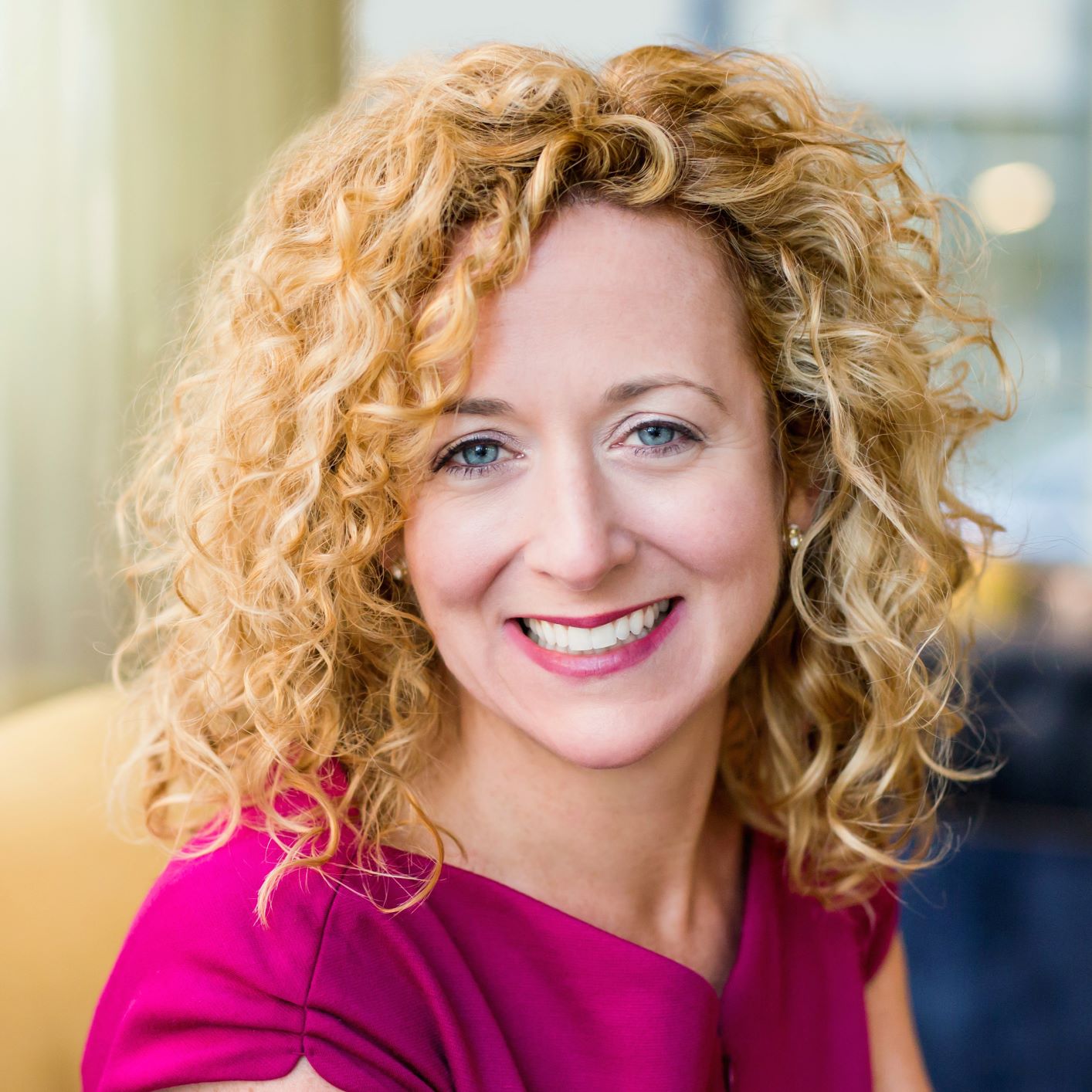
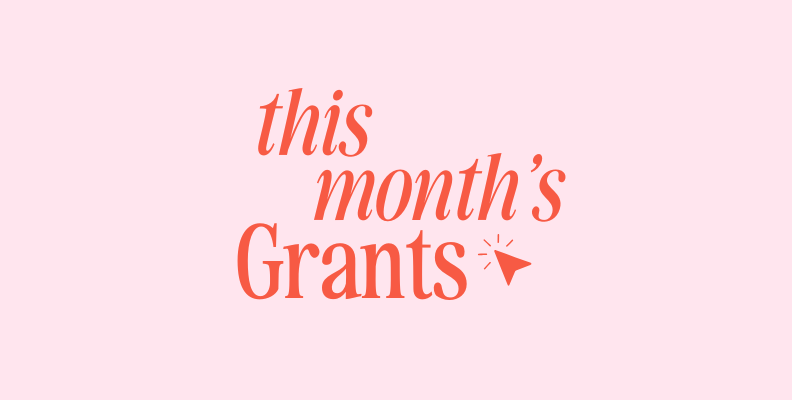
.png)


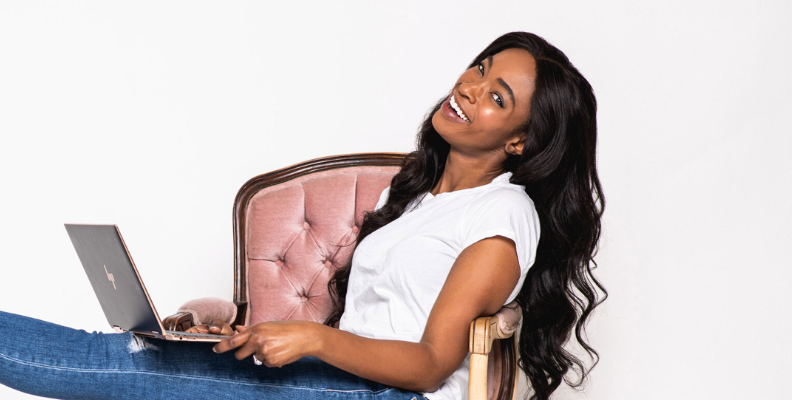
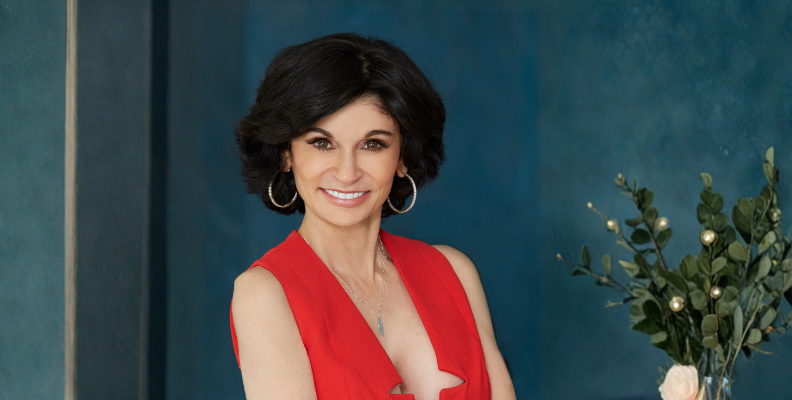
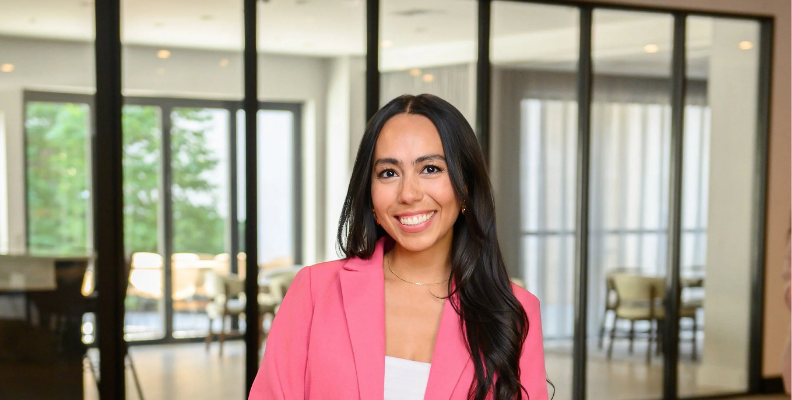
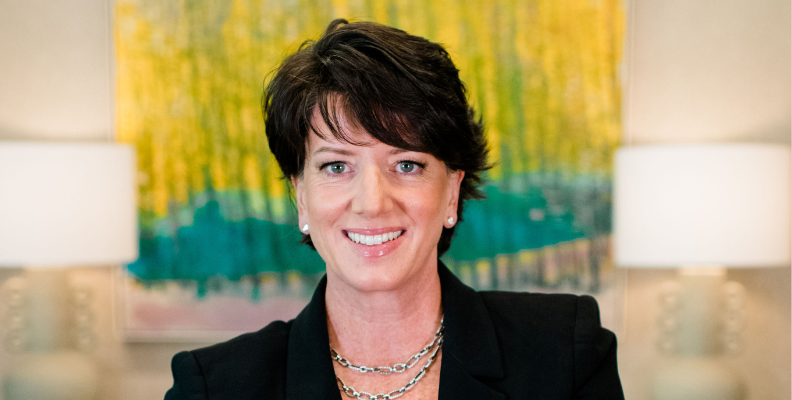


%20(1).png)
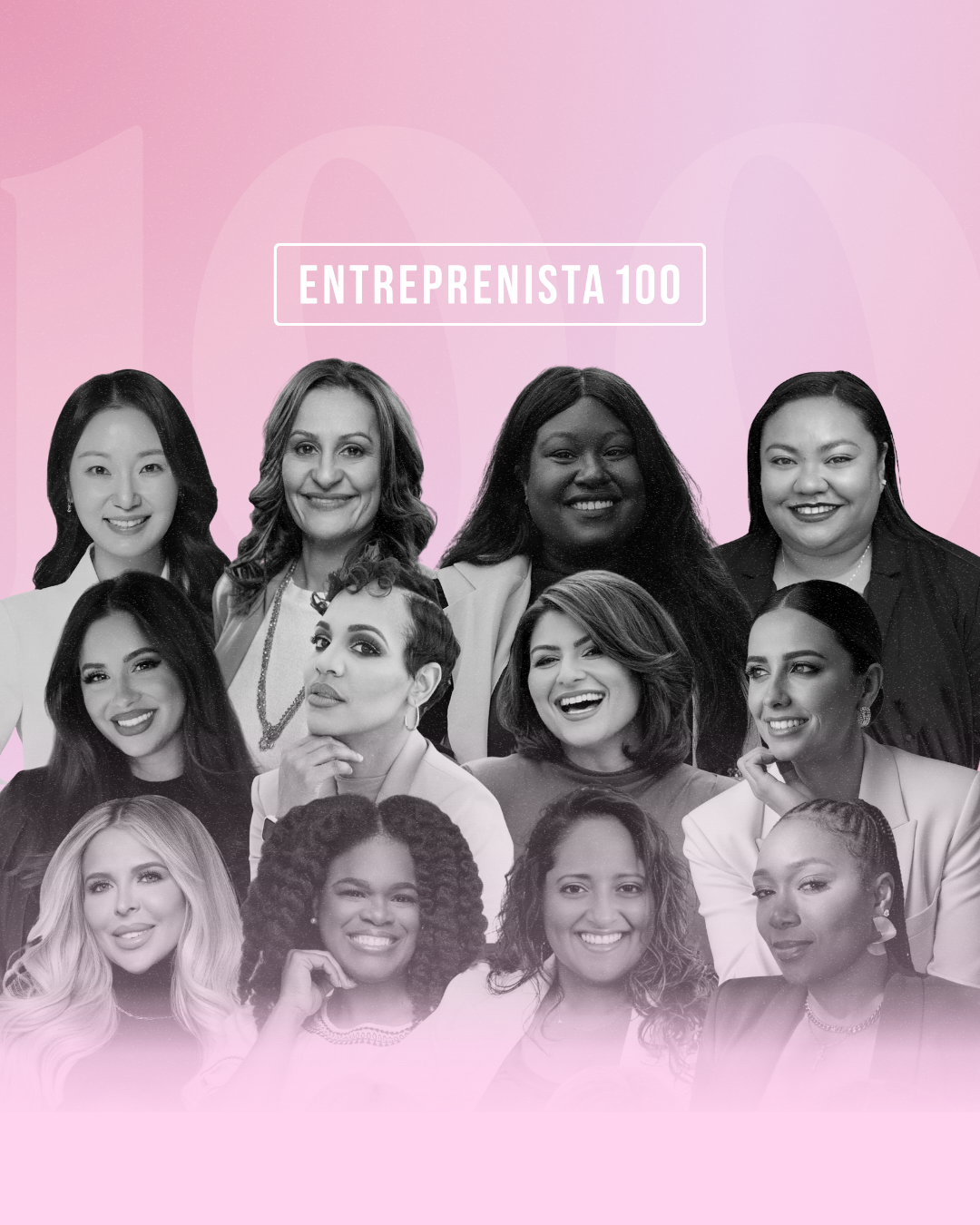
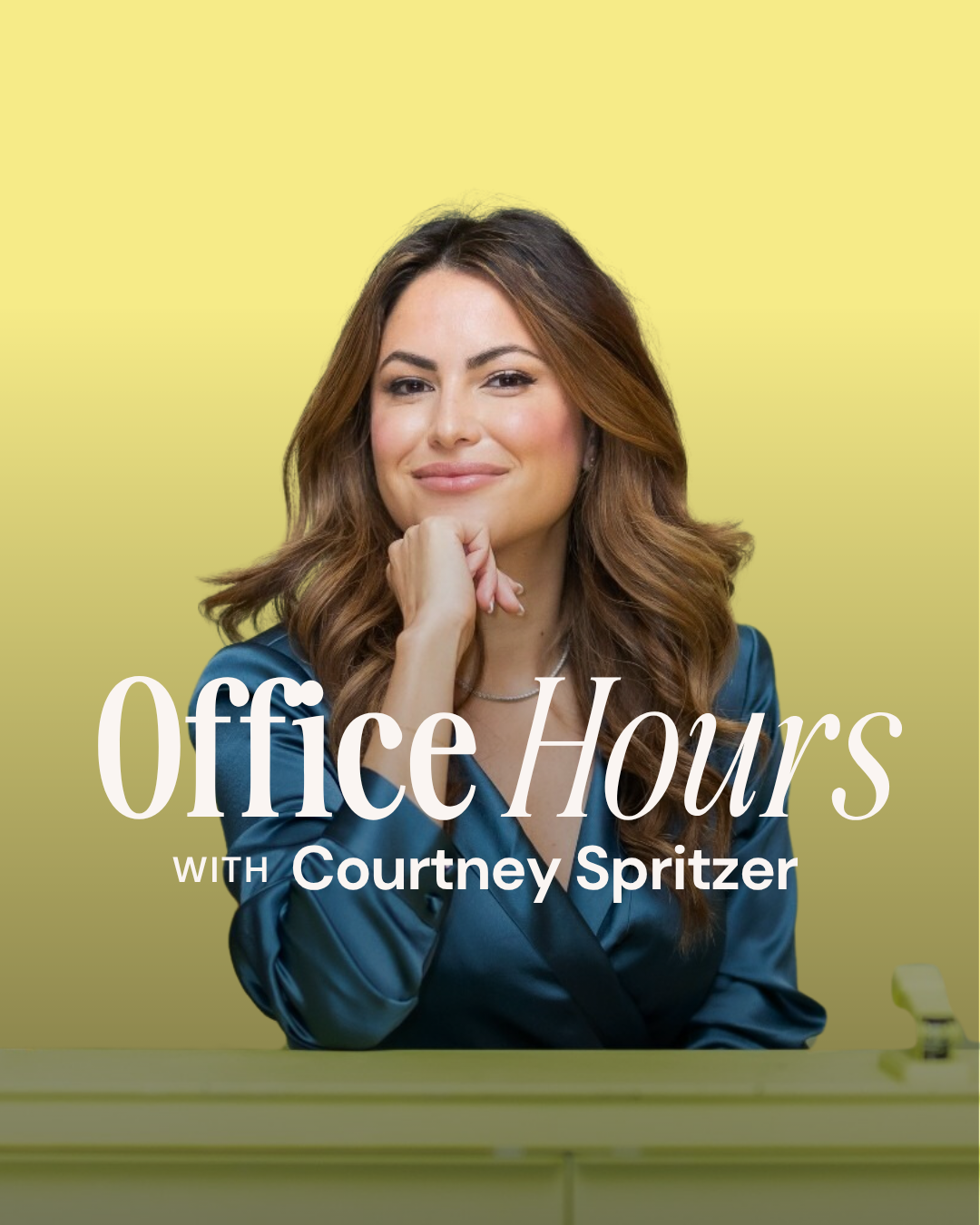
.png)



.avif)

